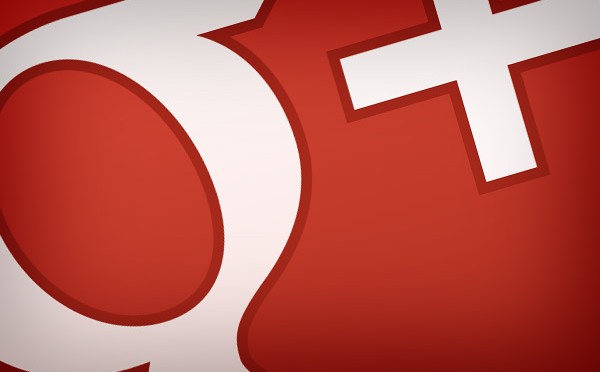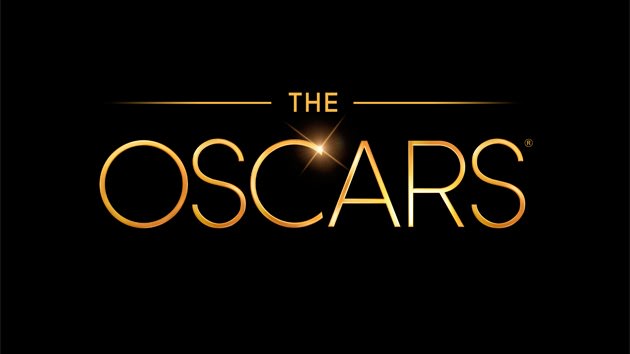What Happens to G+ Now?

Google announced Photos and Hangouts will be moved from Google Plus into standalone services.
As much as I like Google+, Larry Kim hit the nail on the head. G+ is on borrowed time. I noticed a steep decline in posts when they killed the Authorship markup. Now they’re moving Hangouts and Photos to stand alone services, why would anyone still use G+? The move turns the home stream into a vacant Googalized Twitter.
John Faulkner: I think Google has just struggled in the social media department, despite having a solid product in G+. I blame a little of that on the invite-only launch strategy (those who weren’t invited didn’t care to sign up once it went public). Perhaps this is just a move to find its niche. But I don’t like how all these social media sites are piecing out their services. I refused to download a messenger app for Facebook; Foursquare doing the swarm thing just made me use foursquare and swarm less, and Yelp more. They shot themselves in the foot there. Is Twitter the only one that realizes “if it ain’t broke, don’t fix it”?
Mike: Some solid points there. I think G+ had two downfalls, one of which you mentioned. The second would have been the exec in charge. Can’t remember his name, but when he stepped down from G+, he admitted he’s not a very sociable person and didn’t really know what to do with the property.
Which raises another point. G+ didn’t have a unique personality when compared to the other social networks. The major ones (FB, Twitter, Tumblr, Pinterest, IG) have their own unique style and purpose whereas G+ is very much just Google’s version of Facebook.
Another point that hurt them was the requirement to use their real name. While it’s obvious you and I don’t have a problem with that, some do. Some cling to online anonymity as if their life depended on it.
JF: Regarding your second point: I think it did struggle to establish its own unique identity. I think they pioneered the “social circles” format, but that alone wasn’t enough to eat up any market share. Does the requirement to use your real name tie into Google’s goal of mining your consumer data across myriad platforms? Maybe so.
But, regarding anonymity, some of my pals on here just share everything privately. All their posts are basically private forums. So they’re using their own names, but only sharing info with a targeted audience (friends and family).
From a marketing perspective, it’s terrible, but for the social media user, it’s quite brilliant, share what you want with who you want without worry of trolls and authority figures (like that boss who might take offense to you bellyaching about work on social media, for example) being a part of the action.
Mike: I think the takeaway there was G+ was able to do something (like setting post privacy) in a simpler than the other platforms.
Trying to isolate posts for specific groups on Facebook is doable, but I find it quite clunky (I’m back on that monstrosity by the way). And from what I can tell, setting privacy on the other social networks seems to be all or nothing.
Twitter is a good example of that. Your tweets are private or they aren’t. There’s no middle ground.
If you were trying to set yourself up as a content curator, Google’s circles was the right way to go. Post type A to this circle. Post type B to the other.
From my standpoint, G+ is now what Twitter once was. A news aggregation feed. Read what you like. Comment on what you prefer. And cut out the worthless crap that trickles through the Twitter or Facebook timelines.
I still use G+, but I’m waiting for the other shoe to drop.
JF: I still like G+ too. And circles is the main reason. Facebook would be wise to study what Google did there and apply it more effectively than what they’re doing now.
I agree that Facebook’s social group thing is too clunky to be useful. If they made it more like Google circles I think it would really change the way I use Facebook.
I dunno, but when I read about photos and stream, it doesn’t sound like it’s going to do much for me. Is Photos supposed to be Google’s Instagram? if so, I don’t see too many people migrating from Instagram in that case. If Stream is like Twitter with circles, I could see that being useful. Like an RSS feed meets Reddit, or something.




